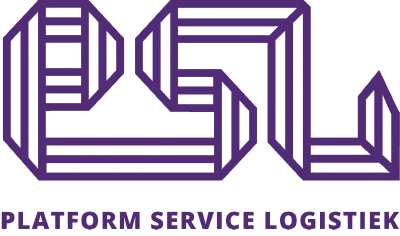Formalization and Improvement of Ambulance Dispatching in Brabant-Zuidoost
The performance of ambulance services in the Netherlands has been consistently below the nationally-set target throughout the last years. Combining this with the ongoing increase in demand for these services and the severe shortages of ambulance personnel, stresses the need for steps to be taken towards improved efficiency. In this thesis we develop an alternative dispatch policy with the objective to improve the on-time performance of highly urgent ambulance requests, by capturing current dispatch decisions and building upon them through four potential enhancements. Current dispatch practices in the Dutch EMS region Brabant-Zuidoost are captured using decision tree induction and a unique post-processing phase, resulting in a formal model that is both concise and able to accurately predict current dispatch decisions. Subsequently, four potential enhancements to the current dispatch process are formulated, based on a combination of insights from current practices, discussions with dispatch agents and available literature. These four potential enhancements are evaluated, both individually and combined, in an advanced simulation that is able to realistically capture actual ambulance dynamics. Results show that complementing the current dispatch policy with consistently redispatching ambulances from a less urgent to a more urgent request and reevaluation of active dispatch decisions upon service completion of an ambulance yields a significant improvement of the on-time performance of highly urgent ambulance requests of 0.77 percent points. Contrary to measures that increase available ambulance capacity to improve performance, adjusting the operational dispatch process to better utilize the existing capacity is virtually free and instantaneous. A similar performance gain as a result of enhancing the current dispatch policy is expected for other (Dutch) EMS regions.

